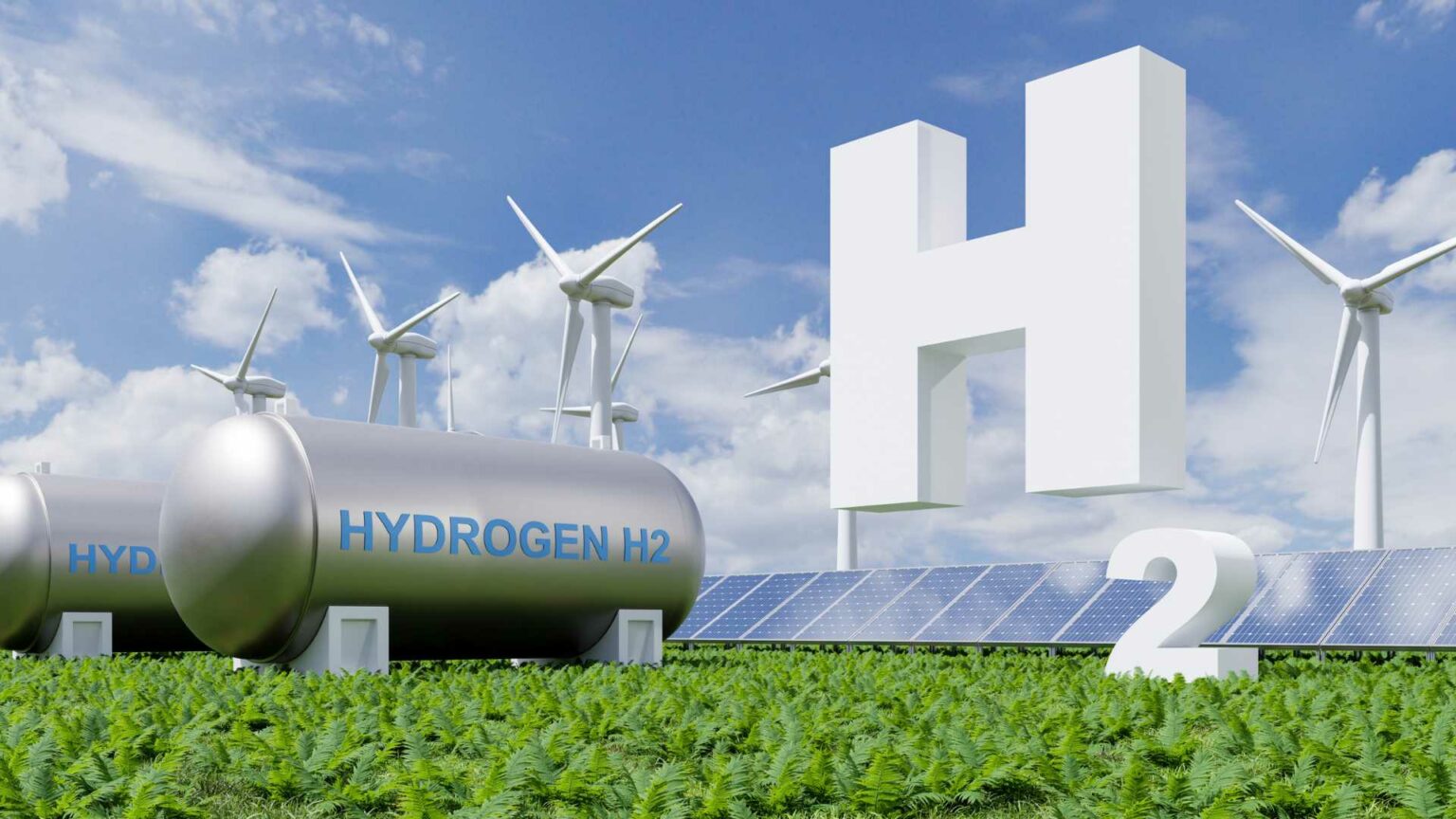The Maritime Technologies Forum (MTF), composed of flag states and classification societies, has unveiled a comprehensive report detailing guidelines and key safety considerations for the development of liquefied hydrogen bunkering systems.
This initiative supports the International Maritime Organization’s (IMO) goal to achieve zero greenhouse gas emissions from ships by 2050.
Hydrogen presents a promising alternative as a zero-emission marine fuel. However, the MTF report highlights the unique challenges associated with using hydrogen, particularly in its liquefied form, for maritime fuel and cargo.
Key observations from the MTF report include:
– Distinct Properties of Hydrogen: The extremely low temperature of liquefied hydrogen requires distinct bunkering arrangements. The expertise gained from working with LNG can’t be directly applied to hydrogen.
– Complex Bunkering Process: Introducing liquefied hydrogen requires an entirely nitrogen-free piping system to prevent freezing and clogging. This complexity surpasses that of LNG bunkering.
– Material and Insulation: Differences in material choices and the need for enhanced insulation are crucial for hydrogen systems.
– Vessel-Specific Procedures: Custom procedures for bunkering must be developed, potentially including more automated systems to handle the intricacies of hydrogen.
-Training and Certification: Given the added complexities, crew members will require specialized training and certification, underscoring the heightened importance of proficiency in hydrogen bunkering processes.
– Enhanced Safety Management Systems: Safety protocols need to be updated to address the additional risks associated with liquefied hydrogen. This aligns with another MTF publication, the “Guidelines to Develop and Implement Safety Management Systems for Alternative Fuels Onboard Ships.”
The guidelines represent a critical step toward integrating hydrogen as a viable, sustainable fuel in maritime operations. The emphasis on safety, specialized training, and customized equipment underscores the distinctiveness and potential of hydrogen as a cornerstone in achieving maritime sustainability.
